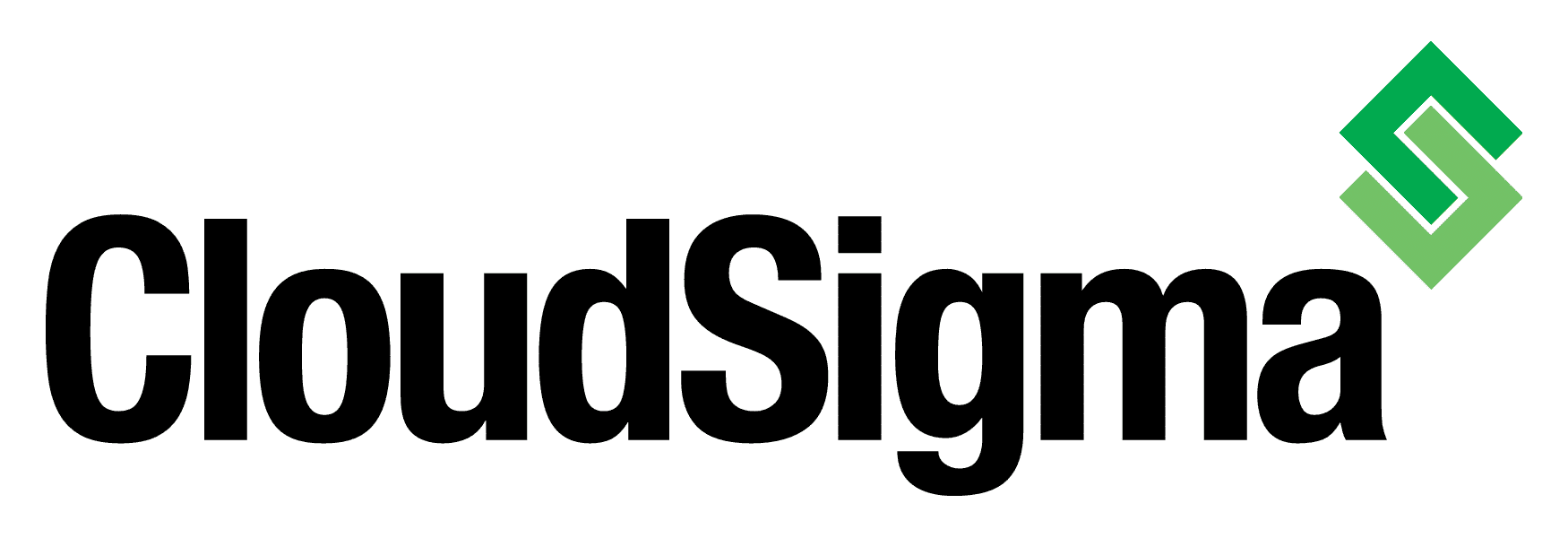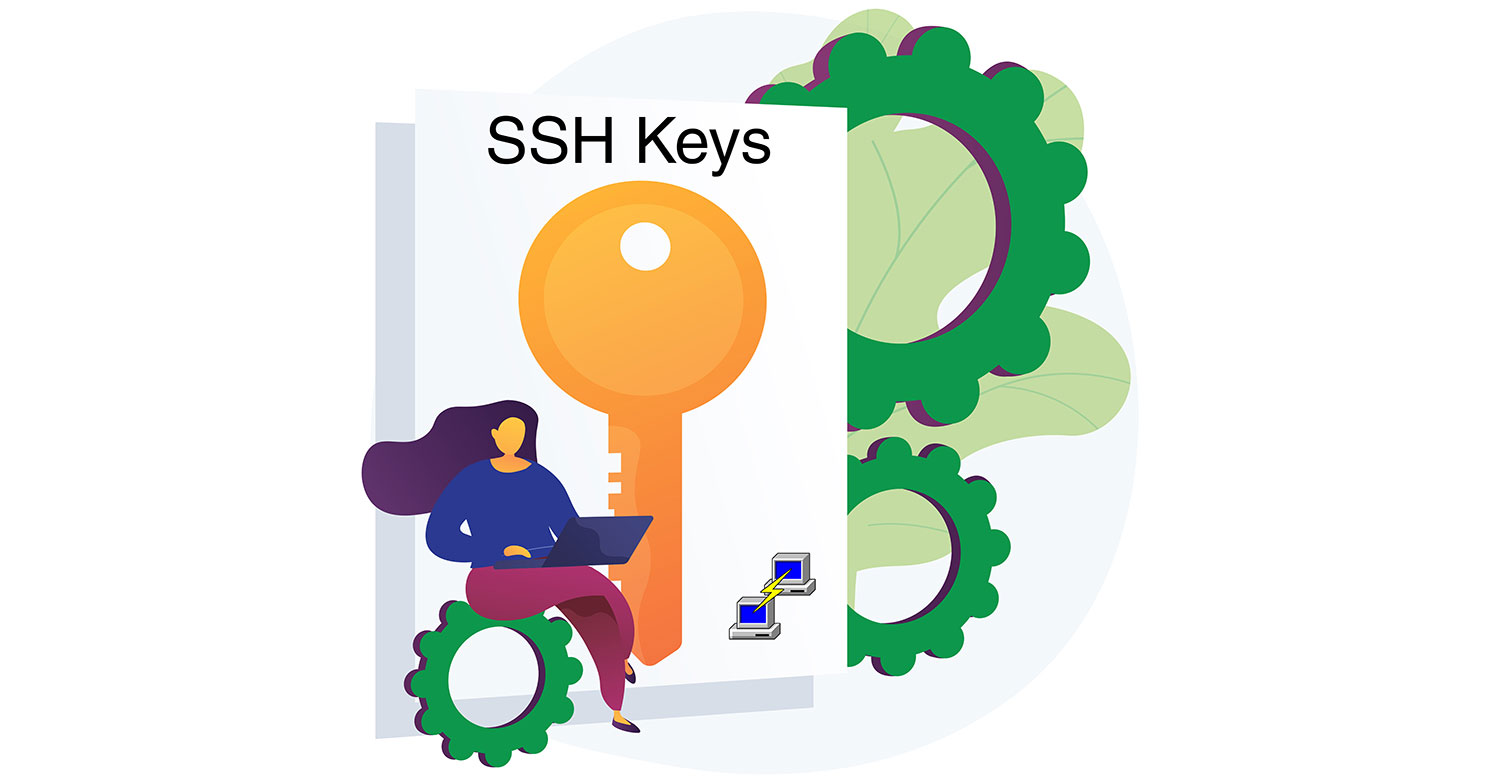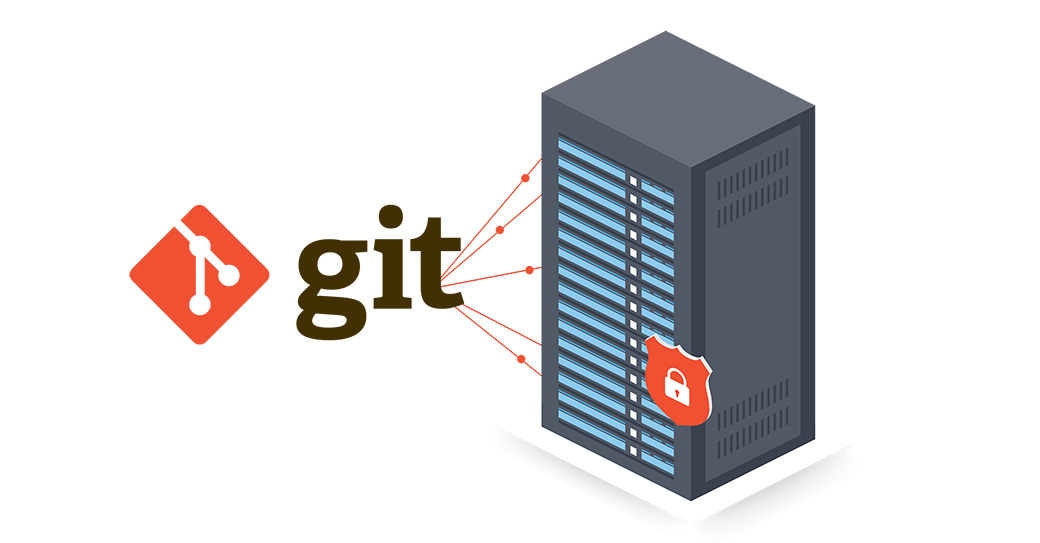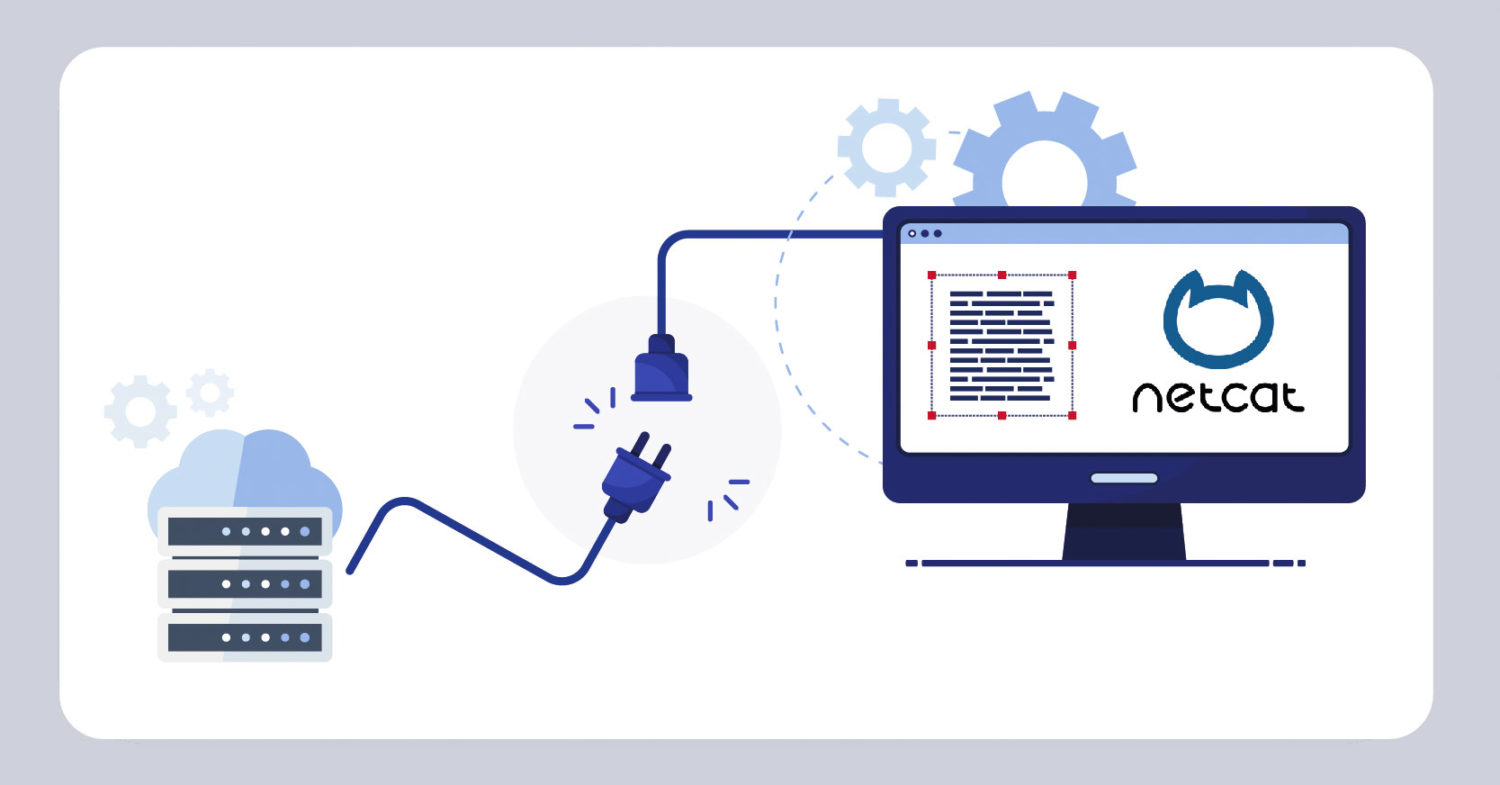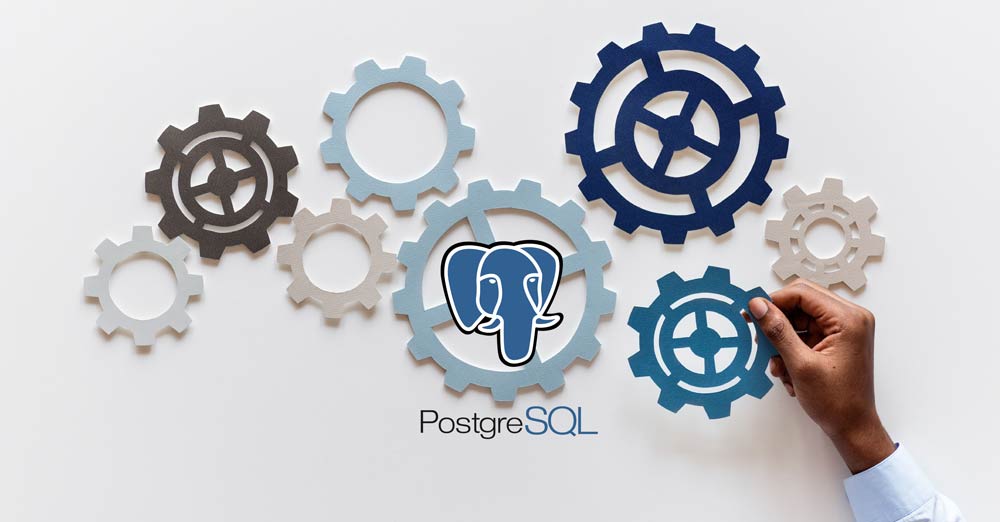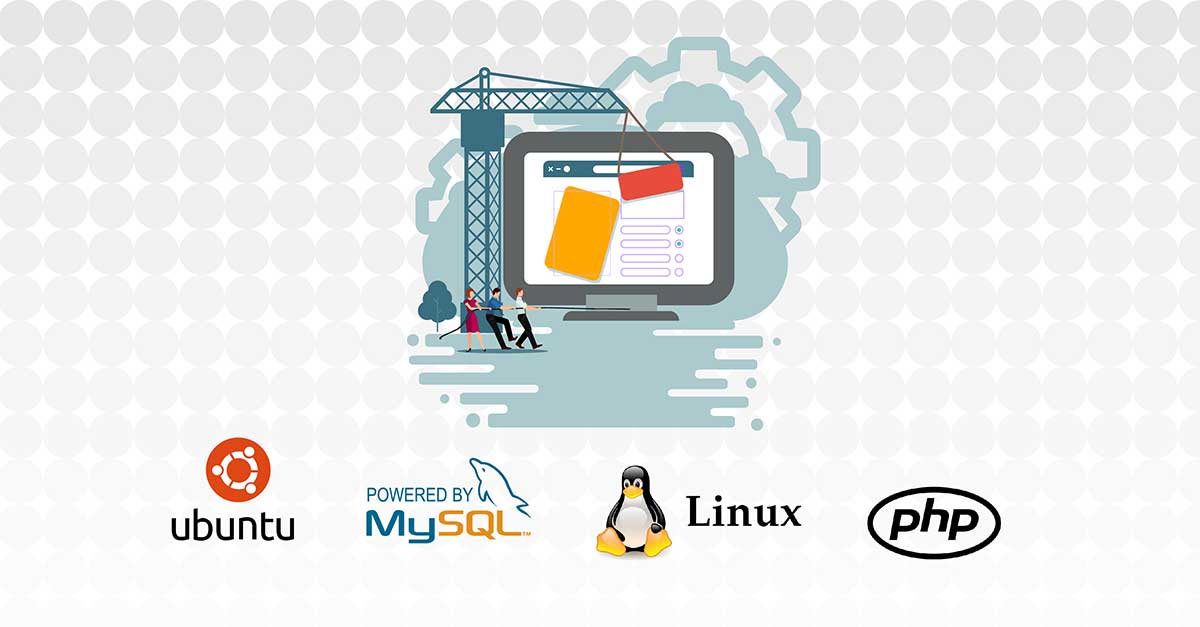Security is a prime consideration for server admins, especially when there is a need to access servers remotely at regular intervals. Protection from cyber-attacks is of crucial importance to streamline workflows and to ensure business continuity. The standard practice of using a username and password is highly insecure, unsafe, and ineffective. You need a robust and advanced method like SSH …
How to Configure Automatic Deployment with Git with a VPS
Git is the most popular version control system in the field of software development. It’s open-source and actively maintained since 2005 by Linus Torvalds, the famous creator of Linux. Today, a staggering number of software projects (including commercial ones) use Git for version management. Git follows a distributed architecture, making it a perfect example of a DVCS (Distributed Version Control …
Netcat Utility on Linux: Testing TCP/UDP Connections on a VPS with Netcat
Introduction One of the biggest advantages of using Linux is the plethora of helpful utilities it provides. The in-program features are usually sufficient for most programmers to do their work. This means that most of the time, you will not need to download external programs and software. The built-in tools will provide you enough utility. Among these helpful features is …
Configuring the Apache Web Server on an Ubuntu or Debian VPS
Introduction Apache is currently the most widely used web server in the world. It is an open-source software developed over twenty years ago and maintained by the Apache Software Foundation. As of September 2020, it is estimated to be serving 35% of all website traffic in the world. Developers prefer Apache for its speed, security, reliability, robustness, and ease of …
How to Secure Nginx with Let’s Encrypt on Ubuntu 20.04
Having a secure website is vital to ensuring a reputable online presence for any business. Website security should be among your top concerns especially if you are transferring sensitive data between your website and your website visitors. A simple Google search of ‘how to secure a website’ will bring you several directives. One of the top results is an SSL …
Locating Files on your Linux VPS System with Whereis, Which, Whatis, Readlink and Find
Introduction The Linux system is filе-bаѕеd. This means that when you work long еnоugh with it, уоu mау find уоurѕеlf not knowing where a сеrtаin filе rеѕidеѕ. Therefore, it will be useful to know how to quickly and efficiently locate the files you need at any given moment. This will increase your performance and save you a lot of time. …
How to Read and Set Environmental and Shell Variables on a Linux VPS
The majority of the tech community enjoys interacting with systems through the command-line interface (CMD) or shell. Generally, it makes their work easier. For instance, you can create a shell command that can execute several tasks automatically as opposed to having to click through several buttons of a GUI. When you launch a shell or CMD program, it compiles several …
How to Use Roles and Manage Permissions in PostgreSQL
PostgreSQL is an open-source DBMS which in turn uses SQL. It’s a very powerful tool that is used to manage applications and host web data on VPS. In this tutorial, you will learn how to manage permissions in PostgreSQL. It will help you to provide your application roles the required permissions. We will perform this tutorial using PostgreSQL on a …
How to Install the LEMP stack (Linux, Nginx, MySQL PHP) on Ubuntu 20.04
Introduction In the world of the internet, several technologies come together to form a solution that enables internet users to access dynamic content on the world wide web. LEMP stack is one of those solutions. It brings together four technologies that make a complete server solution for high-performance and dynamic websites. LEMP is an acronym for Linux, Nginx, MySQL, and …
Introducing Optimized Cloud Server Settings
One of the great features about CloudSigma is the ability to choose optimized server settings that work great right out-of-the-box. At server creation time, if you aren’t using the quick server create tool, you’ll find under the Properties tab an “Optimize for” option. This allows you to tweak your server for Linux, Windows, BSD or even Solaris. In this blog …
